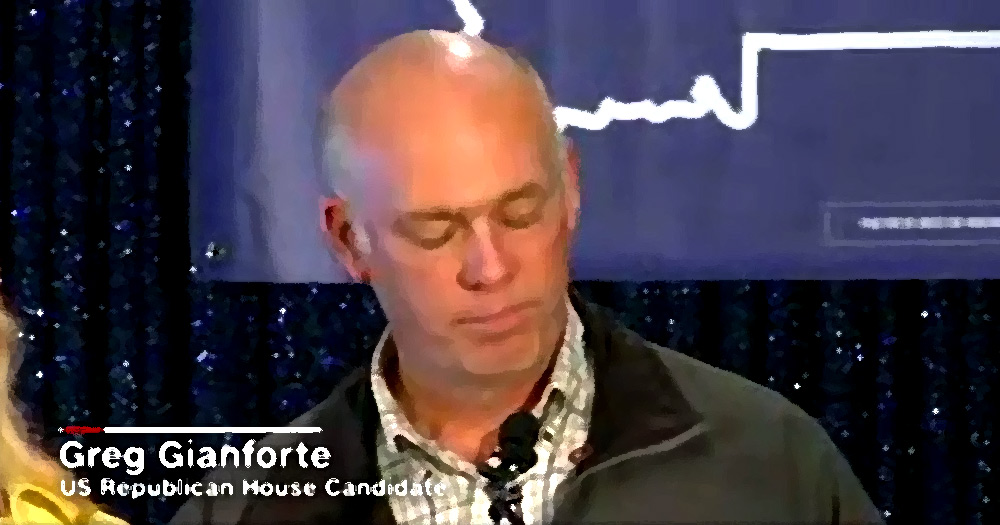It’s almost as if politicians are hell-bent on expanding government at the expense of our freedoms … and grandstanding to ‘look like they are doing something.’
The two proclivities are not unrelated.
Take Theresa May, Great Britain’s Tory Prime Minister. After yet another terrorist attack in her country, this time on the London Bridge, she re-iterated her party’s intent to censor the Internet.
“We cannot allow this ideology the safe space it needs to breed,” May said on Sunday. But this “safe space,” she went on, “is precisely what the Internet, and the big companies that provide Internet-based services, provide.”
Now, blaming ISPs and social platforms is a crude form of business scapegoating — something I would expect from her opponent in the upcoming elections, Jeremy Corbyn, the much-loathed (but inching ahead in the polls) top banana of Labour.
As a conservative, May should understand markets and the limitations of government interventionism a bit better than a near-communist. She might recall that previous attempts to regulate the means of communication almost never to work, and, in those few cases when they do, never stay scaled to the original target issue.
They expand. To cover more than just terrorism, as in this case.
What’s more, Jim Killock of the Open Rights Group makes the case that such a move would likely “push these vile networks into even darker corners of the web, where they will be even harder to observe” — scuttling the alleged purpose of the Conservative Party’s longed-for censorship.
May knows this. But she is a politician. She has power, and she wants to keep it.
It’s almost as if power corrupts or something.
This is Common Sense. I’m Paul Jacob.











